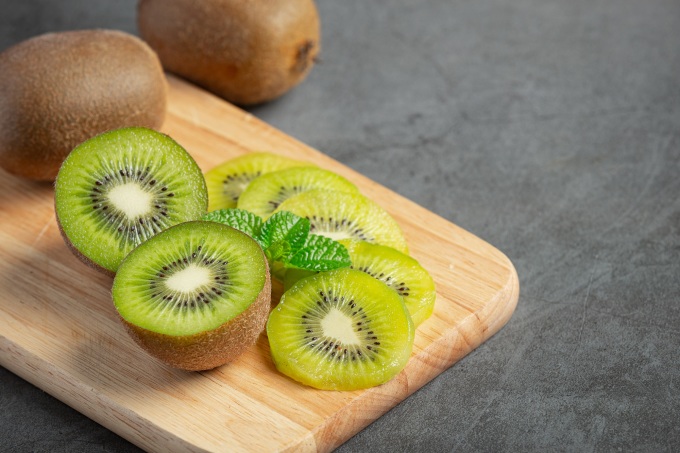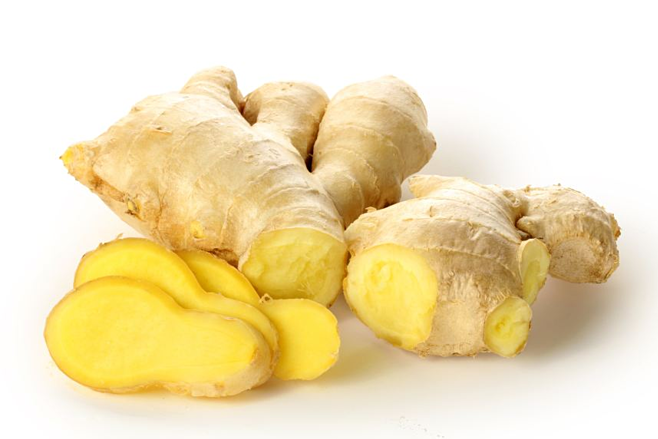Beans, kiwi, yogurt, fish oil, and ginger are foods high in fiber, supporting digestive function.
When the body receives food, the digestive system works continuously to break down the food, releasing vitamins, minerals, calories, fats, carbs and proteins. This department is also responsible for cleaning up the remains to get them out. With continuous activity, the digestive system can experience problems such as cramps, bloating, constipation, diarrhea...
Some of the foods below can support digestive health and help reduce digestive discomfort.
Kiwi: Kiwi fruit is rich in vitamin C. People who eat 2 kiwis a day have a low risk of constipation. This fruit is also rich in fiber and causes few side effects on the digestive system.

Sauerkraut: This is a fermented food containing bacteria that are beneficial to the digestive system. The prebiotic fiber in this food feeds bacteria in the intestinal tract, making digestion easier. In addition to cabbage, other fermented dishes such as kimchi and miso fermented from soybeans are also good for the digestive system.
Beans: Green beans, black beans, red beans... provide a lot of fiber for the body, which is an important ingredient for the digestive system to function smoothly.
Yogurt: Probiotics in yogurt help balance the intestinal microflora. Certain microorganisms play an important role in digestion, supporting the immune system and controlling inflammation. Yogurt also contains some probiotic strains that help protect the intestinal flora from changes caused by antibiotics, reducing the risk of diarrhea.
Fish oil: One of the reasons for irritable bowel syndrome (IBS) is that the body does not consume enough omega-3 fatty acids. Studies have shown that omega-3 fatty acids have a prebiotic effect on the intestines, helping to reduce gastrointestinal inflammation. Fish oil is rich in omega-3 fatty acids, which are found in fatty fish such as salmon and mackerel.

Ginger: Ginger is considered a natural remedy for stomach pain and nausea. It is also a powerful anti-inflammatory, supporting natural digestive health by speeding the movement of food from the stomach into the upper part of the small intestine.
Turmeric: Turmeric is a spice rich in curcumin, which has anti-inflammatory properties. It contributes to reducing symptoms of intestinal inflammation, regulating intestinal microflora, reducing the risk of rectal cancer.
Mint: Fragrant, mild-tasting mint helps relieve indigestion as well as some symptoms of irritable bowel syndrome. This spice also helps with heartburn, lubricating and relaxing the intestines.
Water: Liquid combines with fiber to move solids through the system. Water speeds up digestion, helping the body break down and digest food.





